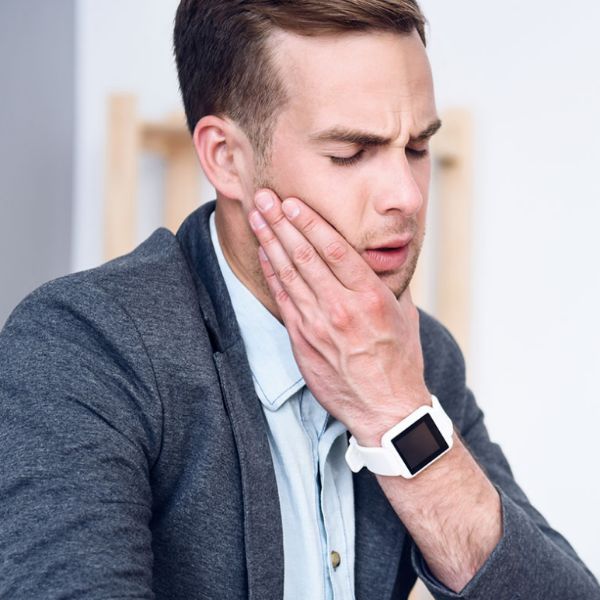WHAT IS TMJ?
TMJ is the Temporomandibular Joint. This is where your jawbone and skull connect. It acts like a hinge so that you may move your jaw. When this part of the body isn’t functioning optimally, it may be referred to as one of the following:
-
TMJ Disorder (TMD)
-
TMJ Syndrome
-
TMJ Dysfunction
TMD affects the jaw joints along with the surrounding muscles and ligaments. This can turn into an issue that affects patients’ day-to-day life and comfort substantially.
People often use the acronyms TMJ and TMD interchangeably.
TMD SYMPTOMS
Issues with the TMJ may vary from person to person. Any of the following symptoms can be associated with problems related to the TMJ:
-
Difficulty chewing
-
Locking and clicking in the jaw
-
Jaw pain and discomfort
-
Tenderness or pain in your face, especially around your jaw
-
Challenging to open and close your mouth
-
Headaches
-
Earaches
BOTOX AND TMJ ISSUES
If you experience any combination of the symptoms above, talk to your dental provider about solutions. You may be surprised if they suggest Botox but research shows it can significantly improve symptoms. The Botox relaxes the muscles in your jaw. Botox is typically injected into the jaw muscles, temples, and forehead for TMJ disorders with the location being chosen based on the symptoms. This can help improve the range of motion as well as decrease pain. Patients can get relief from Botox for more than 3 months after the treatment. Despite Botox not being a long-term solution, it does provide a window of time with decreased symptoms. Your dental provider can use this time to work towards determining if there is a long-term solution.
TMD SOLUTIONS
While Botox is a temporary solution, there are more long-term solutions out there. Your dental care provider should thoroughly understand your individual case before suggesting a treatment plan. There are many factors that can go into a diagnosis. Your TMD can be temporary due to an injury that will heal over time or it can be a chronic issue linked to something like arthritis in the TMJ. Through a variety of tests, your dentist can direct you toward the long-term solutions you need and deserve.

